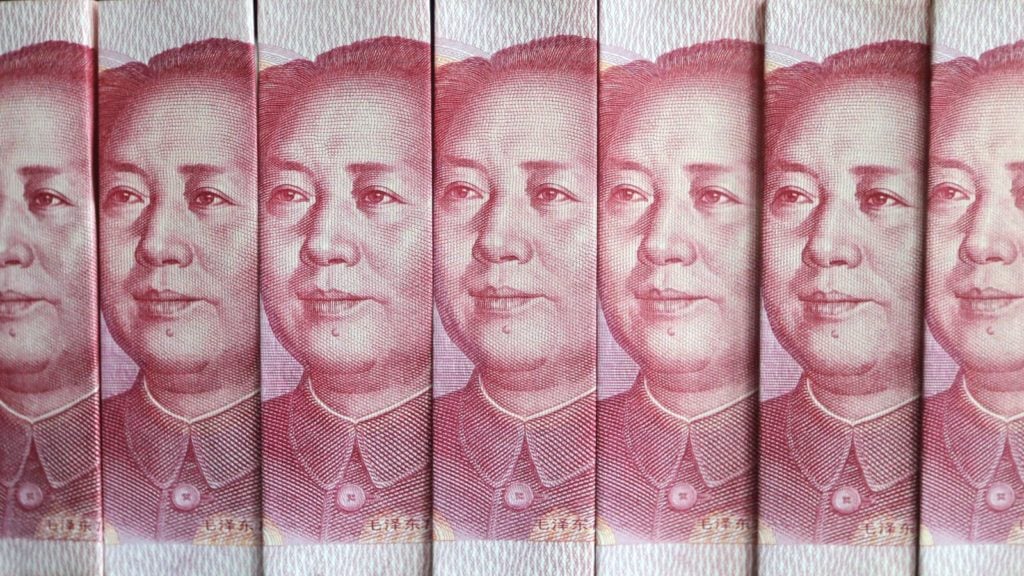
In this virtual roundtable of six podcasts hosted by Professor Sarwar Kashmeri, the Foreign Policy Association aims to shed some light and serve as a catalyst for developing awareness, understanding and informed opinions on the key issues that face American policymakers as they seek to peer over the horizon to manage the U.S.-China relations.
In the sixth and final installment of the virtual roundtable, Marc Chandler—Global Head of Currency Strategy at Brown Brothers Harriman—discusses China’s economic growth and its transition from a focus on the industrial sector to a services and consumption sector.
When asked about this transition, Chandler explained: “If you just think about the two sectors, the industrial sector has falling prices, and services have rising prices. So it could be that part of the transition that China seems to be on is being affected by deflation of the goods sector and inflation in the services sector.”
Questioned about China’s decisions to set up its own infrastructure bank, while also joining the WTO, the IMF and the World Bank Chandler argues that: “China is of two minds. One mind is that it is a status quo power, for example joining the WTO. But on the other hand, it is also a revisionist power but it is not happy with the international financial architecture in which one country—the U.S.—seems to dominate.”